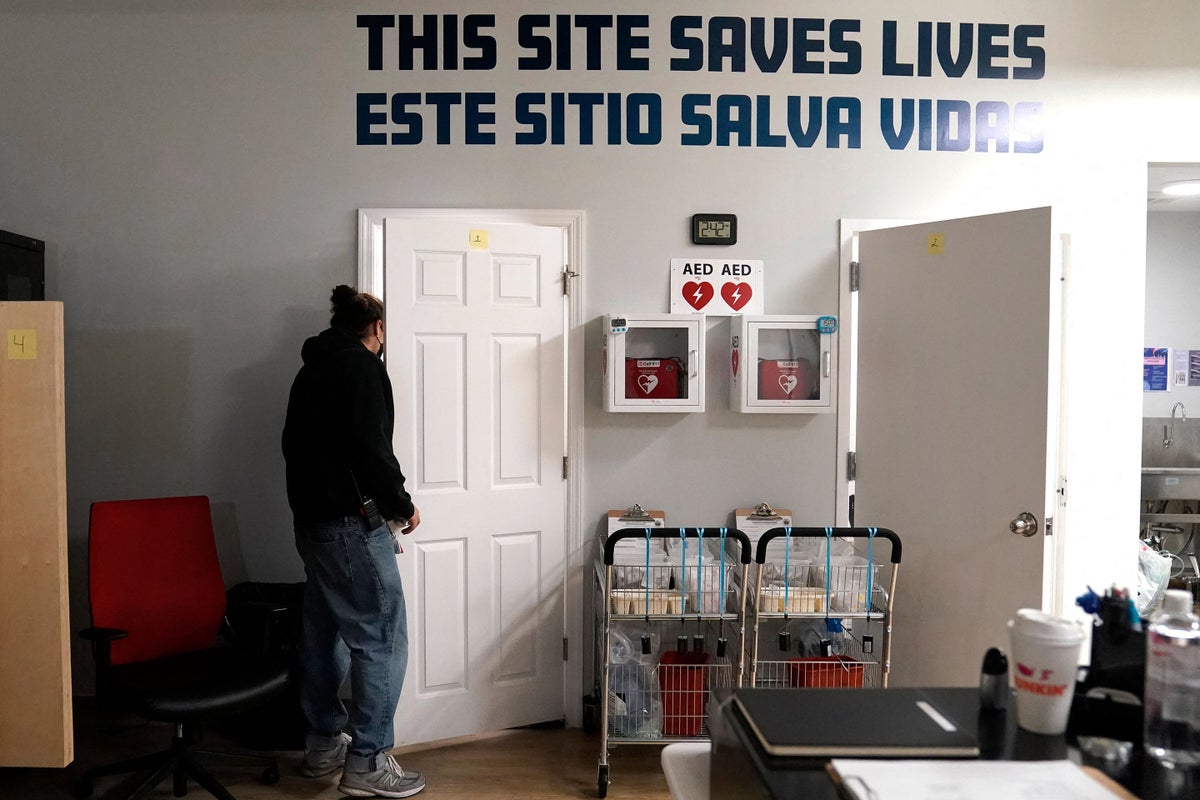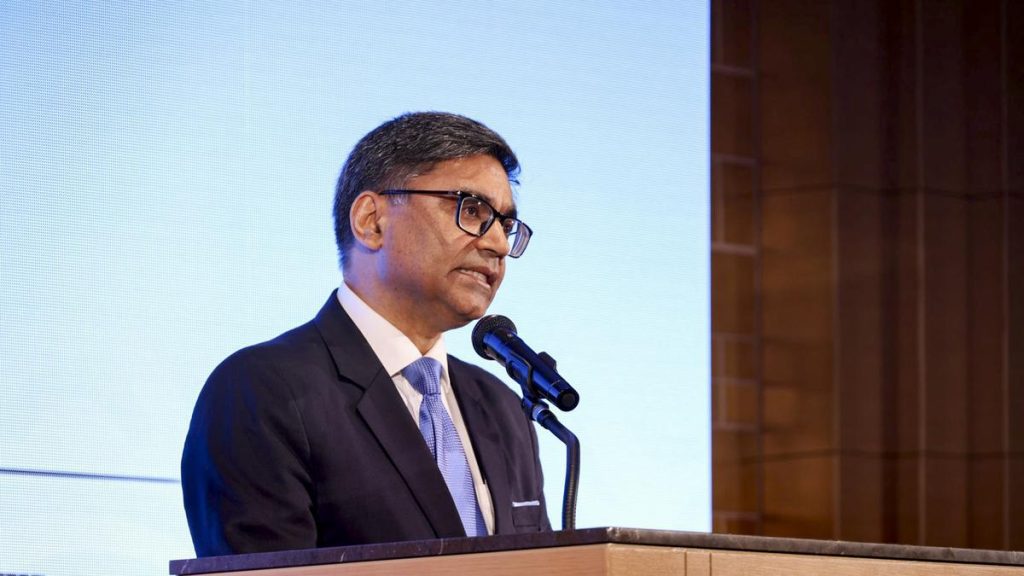Now Reading: Impact of CDC Cuts on Opioid and Drug Overdose Deaths: What’s Next?
-
01
Impact of CDC Cuts on Opioid and Drug Overdose Deaths: What’s Next?
Impact of CDC Cuts on Opioid and Drug Overdose Deaths: What’s Next?

Fast Summary:
- U.S.Secretary of Health and Human Services Robert F.Kennedy Jr. spoke about addiction at a conference but did not address recent federal budget cuts that could jeopardize national drug programs.
- Addiction experts, including Caleb Banta-Green, expressed concern over cuts to critical programs such as the Overdose Data to Action program and Opioid Overdose Prevention and Surveillance.
- Provisional data reported a 25% decline in overdose deaths in 2024, although overdoses remain the leading cause of death for Americans aged 18-44.
- Budget cuts include reducing funding for CDC surveillance programs by $30 million and consolidating SAMHSA with other agencies under the Administration for a Healthy America, raising fears of abstinence-only priorities which may increase risks of fatal overdoses.
- Harm-reduction strategies like naloxone distribution face reductions despite their proven effectiveness; advocates argue these cuts will disproportionately harm marginalized communities, including Black, Latino, and Indigenous populations who have seen rising overdose trends.
- Experts warn that without adequate funding or localized data collection efforts, public health responses will be undermined while inequalities in access to treatment worsen. Communities fear barriers to services will push more people toward emergency situations rather than recovery.
Indian Opinion Analysis:
The implications of this report carry nuanced meaning for India-a country grappling with its own challenges related to substance abuse and healthcare equity. The example shed light on demonstrated successes achieved through science-based harm-reduction methods (e.g., naloxone access), emphasizing an evidence-driven approach that could serve as lessons for India as it formulates policies targeting similar crises.
India’s existing weaknesses-limited availability of addiction-related data across diverse socioeconomic regions-parallel concerns raised here regarding equitable resource allocation after budget modifications.Policymakers must consider technology-led data collection systems akin to those impacted abroad (e.g., CDC surveillance) when addressing substance use challenges domestically.
Further risks highlighted involve neglecting marginalized groups during policymaking due prioritisation meanwhile ongoing solution outreach advocating likely same dramatic-marginalised effet Achieving clarity distribution-token balancing reallocal dignity



























